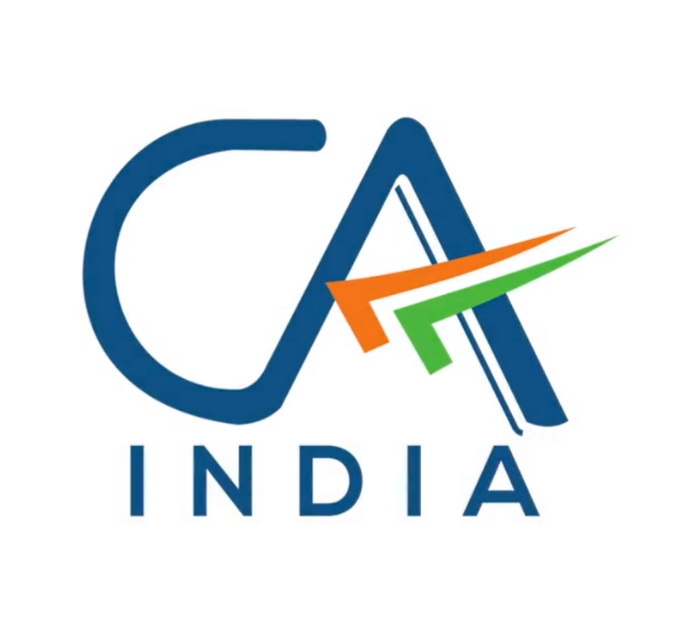Sole proprietorship is one of the simplest forms of business organization, where the business is owned and managed by a single individual. It is easy to set up, requiring minimal regulatory compliance. A sole proprietorship can be incorporated within fifteen days, making it one of the most popular choices for small businesses in the unorganized sector. While registration is not mandatory, it is often identified through alternate registrations, such as GST registration. However, a key drawback is unlimited liability, and the business does not have perpetual existence.
Overview of Sole Proprietorship
A sole proprietorship is a convenient way to start a business in India. Unlike a corporation or a company, it does not have a separate legal identity. The business owner assumes all rights and responsibilities, with profits and losses directly impacting their personal finances.
Common examples of sole proprietorship businesses include grocery stores, salons, medical shops, and other small businesses.
As per the Income Tax Act, the business’s income is treated as the owner's personal income. This makes taxation straightforward but also means the owner is personally liable for all business debts.
Who is a Sole Proprietor?
A sole proprietor is an individual who owns and manages the business. The proprietor must be an Indian citizen and a resident. They are entitled to all profits but are also personally liable for all losses.
Benefits of Sole Proprietorship Registration
- Quick Setup: A proprietorship can be started within one working day.
- Easy Online Process: Registration can be completed online with minimal hassle.
- Minimal Compliance: There is no requirement for annual audits or formal filings.
- Easy Closure: Closing a proprietorship is simple, requiring only the surrender of registrations and licenses.
- Complete Control: The proprietor has full control over business decisions.
- Tax Advantages: Income is taxed as part of the proprietor’s personal income, allowing for slab-based taxation.
- Low Capital Requirements: There are no mandatory capital requirements for starting a proprietorship.
Sole Proprietorship Registration Options
Although registration is not compulsory, proprietors can choose from several registration methods:
- Udyog Aadhaar (MSME Registration) under the Ministry of MSME
- Shop and Establishment Act Registration (varies by state)
- GST Registration (mandatory if turnover exceeds ₹20 lakh for services and ₹40 lakh for goods)
Documents Required for Sole Proprietorship Registration
The following documents are generally required:
- Aadhar Card – Essential for official registration.
- PAN Card – Required for filing income tax returns and obtaining GST registration.
- Bank Account Details – Business transactions should be conducted through a separate bank account.
- Registered Office Proof – Ownership documents or rental agreements for the business location.
It is recommended to check government portals for any updates in documentation requirements.
Procedure for Sole Proprietorship Registration
1. Choose a Business Name
The business name must be unique and compliant with intellectual property laws.
2. Select Business Location
The proprietor must register the business address under the Shops and Establishments Act (if applicable).
3. Register under MSME
Sole proprietors should register under the MSME Act to access government benefits.
4. Obtain GST Registration
GST registration is required if annual turnover exceeds ₹20 lakh for services or ₹40 lakh for goods.
5. IEC Registration (for Import-Export Businesses)
If involved in international trade, the proprietor must obtain an Import Export Code (IEC) from the Director General of Foreign Trade (DGFT).
6. FSSAI Registration (for Food Businesses)
If the business involves food manufacturing or packaging, FSSAI registration is mandatory.
7. Obtain TAN (Tax Deduction Account Number)
If the business has employees and deducts TDS, a TAN is required from the Income Tax Department.
Post-Registration Compliance
Even though proprietorships have minimal compliance requirements, certain tax and legal obligations must be fulfilled:
- Income Tax Filing – Proprietors must file personal income tax returns if their income exceeds ₹2.5 lakh (₹3 lakh for those above 60 and ₹5 lakh for those above 80).
- GST Filing – If registered under GST, regular returns must be filed.
- Business Licenses – Depending on the business type, additional licenses may be required.
By ensuring proper compliance, a sole proprietorship can operate smoothly and legally in India.

